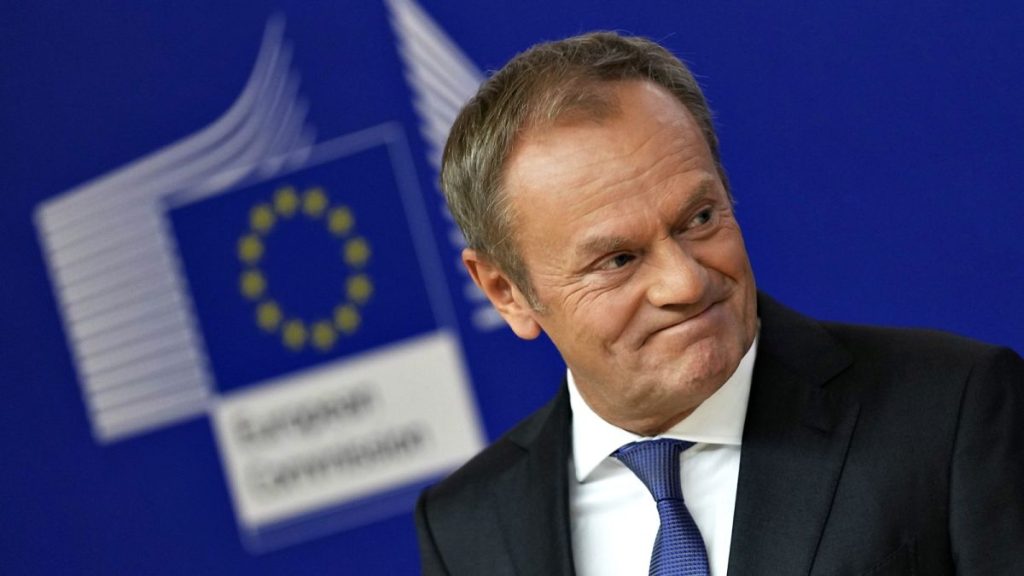Poland has received €6.3 billion under the European Union’s recovery fund, marking the first payment of its kind. This comes after a long wait for the country, whose national plan was approved in June 2022 but had been blocked due to concerns about judicial independence and democratic backsliding. The decline in funds was attributed to the hard-right Law and Justice (PiS) party, which had implemented controversial judicial reforms during their eight years in power. One of these reforms allowed the disciplinary chamber of the Supreme Court to punish magistrates based on their verdicts. This led to a standoff between Brussels and Warsaw, with the European Court of Justice ultimately striking down the overhaul.
The frozen funds amount to a total of €34.5 billion in loans and €25.3 billion in grants. The European Commission officially unblocked the money in late February following the election of Donald Tusk as Prime Minister. Tusk’s government presented a nine-bill “action plan” to restore judicial independence and committed to abiding by the ECJ ruling and respecting EU law, which the previous PiS government had contested. The European Commission viewed these steps as adequate to meet the conditions related to the judiciary, allowing Poland to receive the initial payment of €6.3 billion. These funds will be used for purposes such as diversifying energy supplies, combatting air pollution, and modernising agricultural production.
European Commission President Ursula von der Leyen and Tusk both emphasized the positive impact of the cooperation between Warsaw and Brussels in unlocking the funds. Katarzyna Pełczyńska, Poland’s minister for regional policy, described the payment as the largest transfer from the EU in the country’s history of membership. Poland is planning to submit two more requests this year to receive an additional €23 billion, with all payouts being subject to the completion of investments and projects. The government’s progress on the judicial reforms outlined in the “action plan” will be closely monitored, as any setbacks could affect the disbursement of funds.
The nine bills in the “action plan” will need to be signed by President Andrzej Duda, who has been aligned with the PiS party and has previously used his veto power to block legislation. Since leaving office, PiS officials have accused the European Commission of withholding funds to influence a change in government. The strained relationship between Brussels and Warsaw over the issue of judicial independence and the ECJ ruling has been a significant factor in the delays in disbursing the EU recovery funds to Poland. However, with the recent steps taken by the Tusk government to address these concerns, the funds have been unlocked, signaling the potential for further cooperation in the future.
Overall, the receipt of €6.3 billion in EU recovery funds marks an important milestone for Poland, as it opens the door to additional financial support for key projects and initiatives. The success of the country’s recovery efforts will depend on the effective implementation of the funds and the continued progress in addressing the issues surrounding judicial independence. The ongoing collaboration between Warsaw and Brussels will be crucial in ensuring that the EU funds are used efficiently and in line with the agreed-upon objectives. With the release of the initial payment, Poland is now looking ahead to further requests for funding and the completion of various investment projects that will contribute to the country’s economic recovery and development.


